Policy perspectives
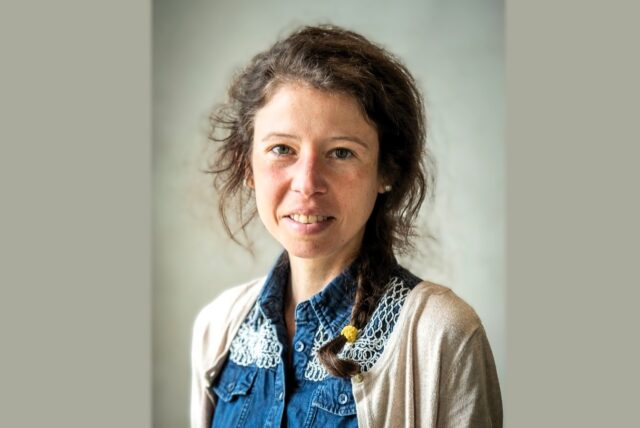
Soltic on Flanders tuition hikes: Threats to lifelong learning and employability
Flanders has raised fees for so-called “non-essential” courses. “Yet they often serve as stepping stones to career development, and short-term savings risk long-term growth,” writes Jorie Soltic of KU Leuven in her Speakers’ Corner column, produced with the European Association for the Education of Adults.

Micro-credentials for megatrends: Nordic and German approaches
Amid European challenges, the Nordic countries and Germany are turning to adult education, short-term courses and micro-credentials for solutions. A closer look at the countries reveals differences and areas for improvement.

Lauri Tuomi of EAEA: “No adult learner in Europe should be left behind”
Lauri Tuomi, President of EAEA since June 2025, envisions a future where every adult learner can pursue lifelong learning. But how can this goal be achieved? And how can sustainable funding be secured?

EAEA’s Kihrer: Strengthening the links between policy, practice and research
Raffaela Kihrer became the new Secretary General of the European Association for the Education of Adults (EAEA) in January 2025. What are her main objectives in this role? What brings her the most joy? And what worries keep her up at night?
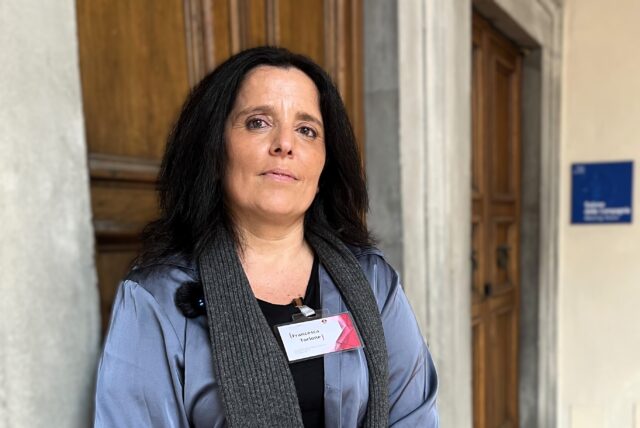
Bridging the gap: How stakeholder cooperation can enhance lifelong learning
Conducted across 21 European countries, the RegALE survey highlights the urgent need for better cooperation among policymakers, practitioners and researchers to create a more inclusive and effective adult education system in Europe. Francesca Torlone of the University of Florence discusses the survey results, noting the fragmented state of adult education and proposing solutions.
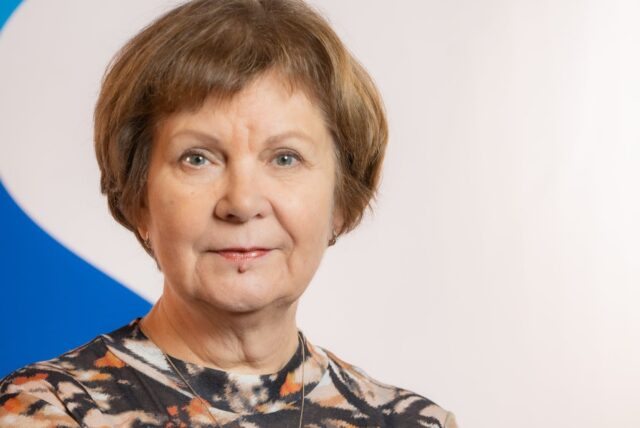
Estonians’ belief: Education is the gateway to enhanced living
Could the outstanding results in Estonia’s general education be translated into adult education? In her column, Maie Kitsing explores the four pillars of the country’s education system. Kitsing serves as Advisor at the General Education Department at the Estonian Ministry of Education and Research.
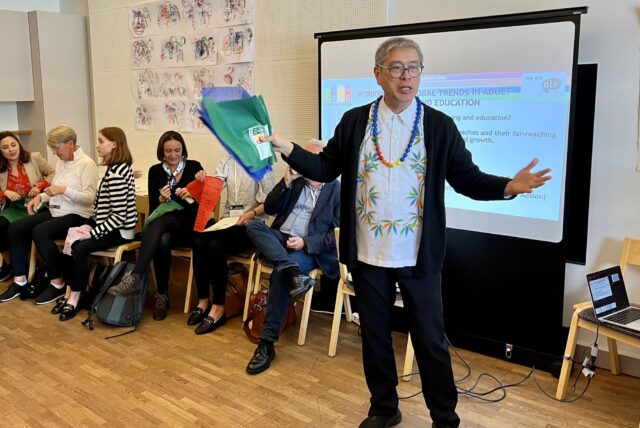
ICAE’s Guevara: Flexibility and partnering needed in adult education policy
“Given the diverse nature of post-schooling education, we need flexibility in adult education policy, not rigid structures,” argues Robbie Guevara, President of International Council for Adult Education and Associate Professor at RMIT University in Melbourne.
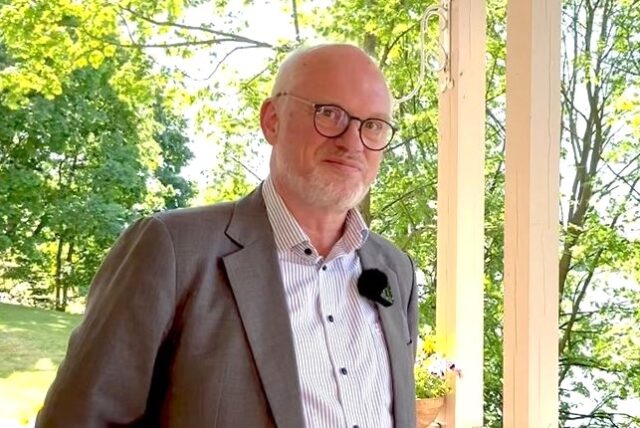
Uwe Gartenschlaeger: Adult education is essential to tackle societal challenges
“If we want to live in peace and democracy, if we want to give everybody a fair chance not to be left behind, we need lifelong learning and adult learning,” says Uwe Gartenschlaeger, President of the EAEA.

Power and joy at the core of EAEA’s new Manifesto for Adult Learning
“The manifesto tells policy makers: Listen, this is what we can do. Adult education is not one small area, but a holistic way of learning and supporting people and communities,” says Gina Ebner, Secretary General of the EAEA.
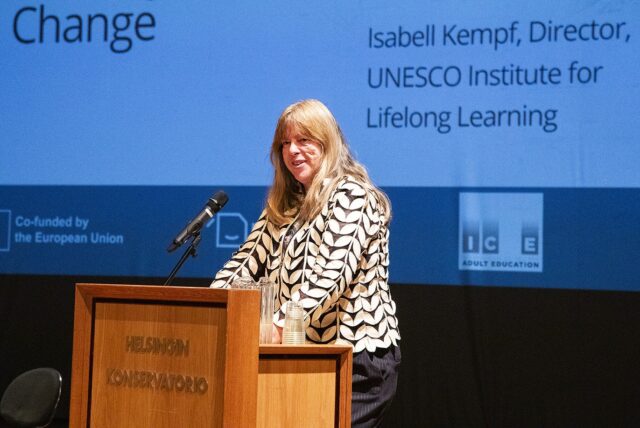
Isabell Kempf: “Adult education empowers agility in navigating global change”
“Adult education is a human right and a public good helping to create a more resilient, just and sustainable future,” said Isabell Kempf, Director of the UNESCO Institute for Lifelong Learning, in her keynote address at the EAEA conference in Helsinki.




